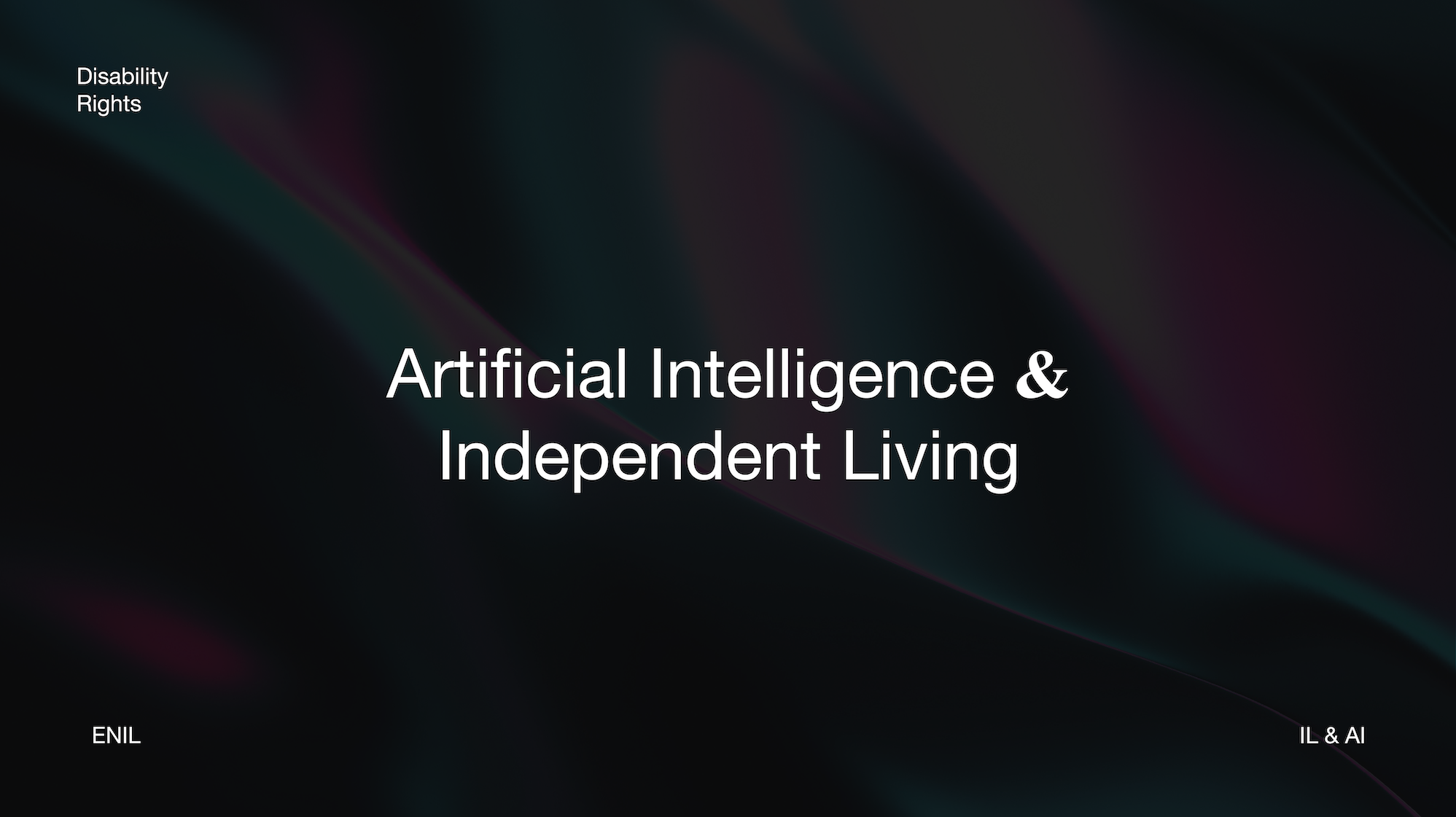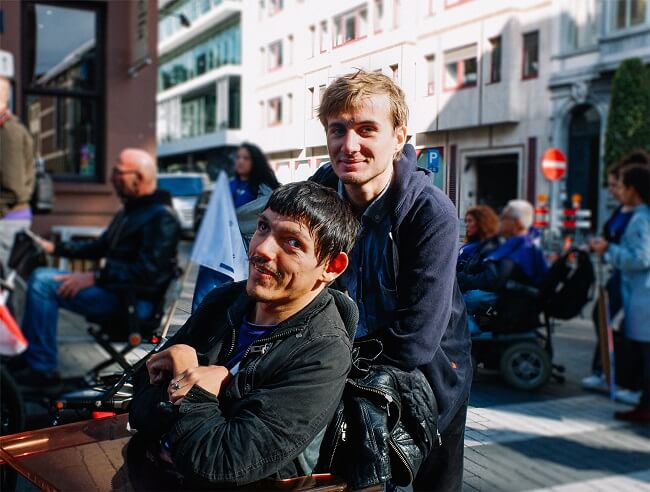The European Union (EU) is the leading development aid donor and the biggest humanitarian aid donor in the world, according to the OECD (Organisation for Economic Co-operation and Development). The EU External Action is mainly funded from the EU budget, under a dedicated heading in the Multiannual Financial Framework (MFF). In addition to this, there are funding instruments and tools outside the EU budget, the development aid provided by the Member States, funds mobilised through cooperation with external lenders (such as the European Investment Bank) and donors.
These funds are distributed in a variety of delivery modes – through grants, loans, investments, guarantees and other – and through different channels, via implementation partners. A significant proportion of EU funding is implemented through multilateral organisations, particularly UN agencies. In the current financing period (2021- 2027), the European Commission decided to simplify the funding structure, to achieve a better geographic focus, and to concentrate funds thematically on security, migration, climate change and human rights. It therefore merged different regulations from the 2014 – 2020 funding period into a single new regulation – the Neighbourhood, Development and International Cooperation Instrument (NDICI). Through NDICI, the EU plans to channel 79,5 billion Euros into “eradicating poverty and promoting sustainable development, peace and prosperity”.
The UN Convention on the Rights of Persons with Disabilities (CRPD) has been ratified by the EU and another 181 countries across the globe, while 96 countries ratified the Optional Protocol. Article 32 (international cooperation) requires that States Parties ensure “that international cooperation, including international developmental programmes, is inclusive of and accessible to persons with disabilities”. Moreover, according to Article 11 (situations of risk and humanitarian emergencies), States Parties must take “all necessary measures to ensure the protection and safety of persons with disabilities in situations of risk, including situations of armed conflict, humanitarian emergencies and the occurrence of natural disasters.” In 2015, in the Concluding Observations on the European Union, the Committee on the Rights of Persons with Disabilities expressed concern “that EU international development funding is used to create or renovate institutional settings for the placement of persons with disabilities, segregated special education schools and sheltered workshops, contrary to the principles and provisions of the Convention.”
Under the priority area External action, the European Disability Strategy 2010 – 2020 set out to promote the rights of persons with disabilities within external action. It committed to raise awareness of the CRPD and the needs of persons with disabilities, including accessibility, in the area of emergency and humanitarian aid and “ensure that the financial instruments for pre-accession are used to improve their situation”. Under the heading “Promoting the right of persons with disabilities globally”, the European Disability Rights Strategy 2021 – 2030 commits to updating the Toolbox on the “Rights Based Approach, encompassing all human rights for EU development cooperation”, and to systematically using the OECD Development Assistance Committee (DAC) disability marker to track disability inclusive investments and improve monitoring.
ENIL promotes the right to independent living globally by acting as the representative for Europe within the World Independent Living Network (WIN). WIN was established during the Global Independent Living Summit in Washington DC in 2017, and brings together representatives of Asia (Japan and Pakistan), North America (the US and Canada) and Latin America (Chile). The same year, ENIL carried out research on interpretation of independent living around the world and the barriers faced by disabled people. This research was made available to the Committee on the Rights of Persons with Disabilities and was used to inform the drafting of the General Comment 5, on living independently and being included in the community. The report is available here.
In 2021, ENIL carried out research into the use of European Union funding globally. The research was commissioned by the European Disability Forum. Its aim was to look at whether the EU, through its external action funding, supported the process of deinstitutionalisation during 2014 – 2020. The report was published in February 2022 and is available here, including in Easy to read version.
ENIL has consultative status with ECOSOC, at the United Nations, and is a member of the Conference of INGOs of the Council of Europe. We participate regularly in the Conference of States Parties to the CRPD in New York, and the Civil Society Forum, through organising side events and speaking during the sessions and roundtables.



